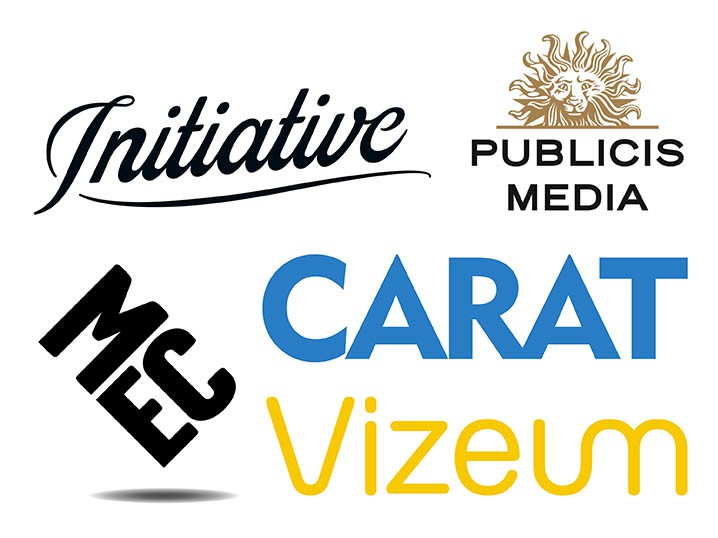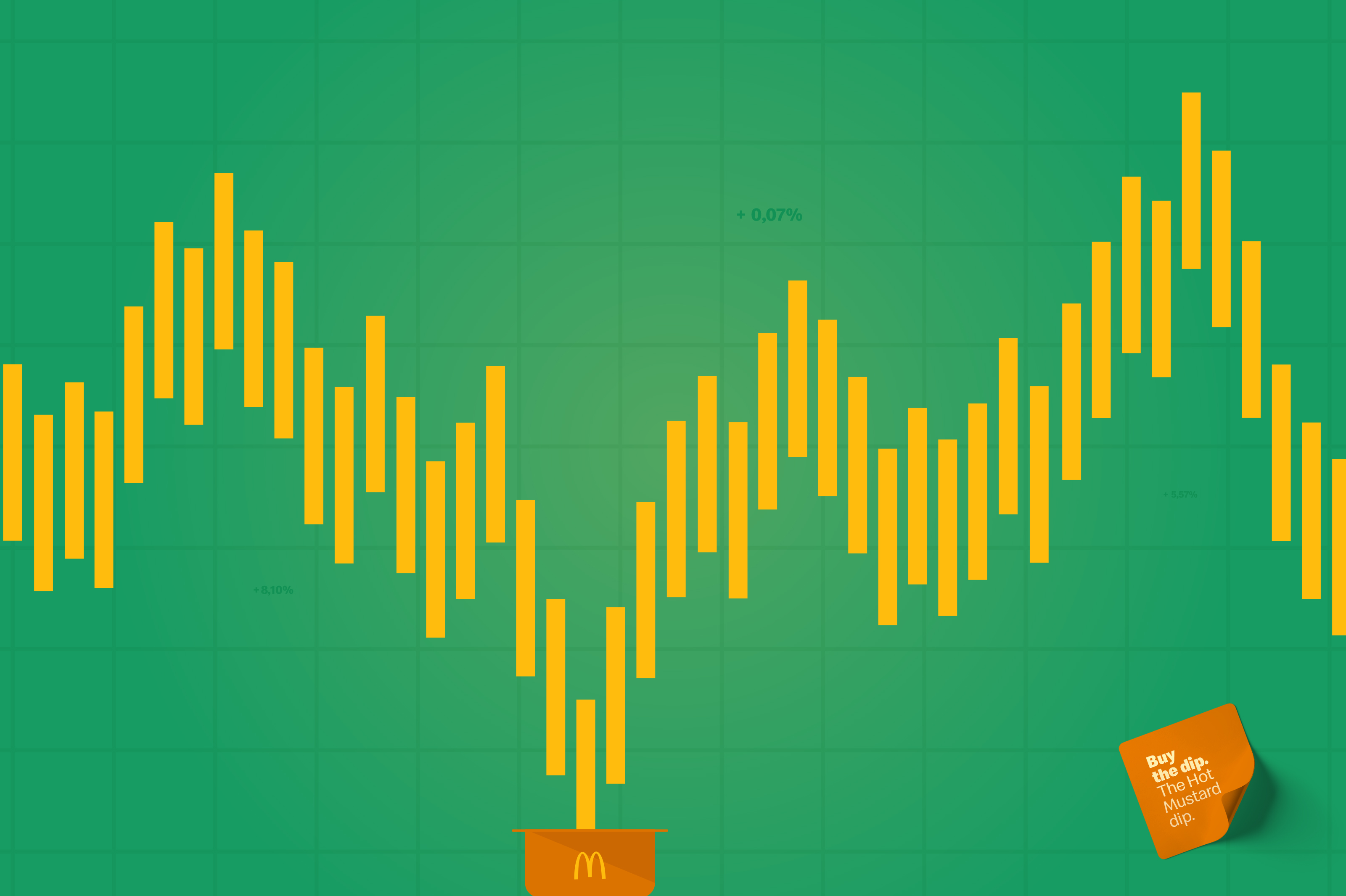News - Advertising
The Changing Face of MBUs
by Iain Akerman
November 24, 2016
.jpg) Advertisement
Advertisement
The blurring of the lines between media and creative agencies is becoming more apparent by the day. Where once there was an easily identifiable line between the two, now the two parties are increasingly treading on each other’s territory. None more so than media agencies.
Media agencies have been adding an increasing number of strings to their bows, many of which infringe on the traditional territory of other disciplines. The appointment of creative directors to media agencies has only acted to highlight this fact, with many creative agencies frustrated by the encroachment of their former allies onto their perceived turf. And who can blame them, with media agencies pitching for creative accounts and teaming up with content creators.
Meanwhile, technology and data have transformed the day-to-day business of media agencies. Driven by the speed of shifting media consumption, media agencies are now as focused on creativity and content as they are on programmatic buying and real-time bidding. The key difference perhaps is that media agencies have a deeper understanding of the entire paid, owned and earned media ecosystem. Understanding this ecosystem allows them – in theory – to tailor ideas and content, but also gives them the ability to distribute content with precise targeting. It is the combination of these two elements that helps media agencies deliver the impact and return on investment that clients demand.
Indeed, the core focus of a media agency sits on a throne of data. And that data is driven by technology to create the best possible content. Without technology and data, we are simply left with a piece of art with no amplified platform to sit on. That’s the argument at least.
Why have media agencies taken a leadership role in controlling advertising budgets over the past decade? Satish Mayya, CEO of BPG | Maxus, spells it out quite succinctly in the following pages. “The shift is directly correlated to the trend in consumers’ media consumption,” he says. “Digital and technology have become mainstream media, consumers have multiple screens and multiple platforms to entertain themselves and socialise. This complexity is a huge marketing challenge leading advertisers to look up to MBUs for an optimal solution.”
We live in a dynamic yet complex world. Technology is changing everything. Which is why those inhabiting the media landscape can be forgiven for sometimes feeling frightened, bemused or overworked. It’s the reason why the challenge of bridging the gap between creativity and technology is a constant one, and why creativity lags behind tech. It’s also the reason why the pace of change can be insane for those working in media and advertising, and why keeping up with that change is of paramount importance.
Where will it all end? Your guess is as good as mine. There are those who believe we will go completely full circle and revert to full-service agencies once again. If we do, it seems increasingly likely that media will be in the driving seat if the full-bodied return of the one-stop shop materialises.
Why? Because measurement, data analysis, technology and the ability to make sense of a plethora of information is only going to increase in importance. Clients know this and are increasingly seeking communications solutions under a single roof. Whether that roof is at a group level or an agency level is as yet unclear, but it looks more likely to be group unless clients demand further consolidation.
Someone, somewhere, after all, has to manage the complicated world of devices and customised ads that target specific audiences based on real-time analysis of constantly changing data. Data that must inform not only creative, but media buying, brand experiences and customer relations.
As Houda Tohme, general manager of Havas Media UAE, says: “Clients are looking beyond their media and communications groups for solutions [that] fit modern brand and marketing needs. The realities of the media have changed, the consumer has adapted and evolved, and so must agencies.”




.jpg)


.jpg)




